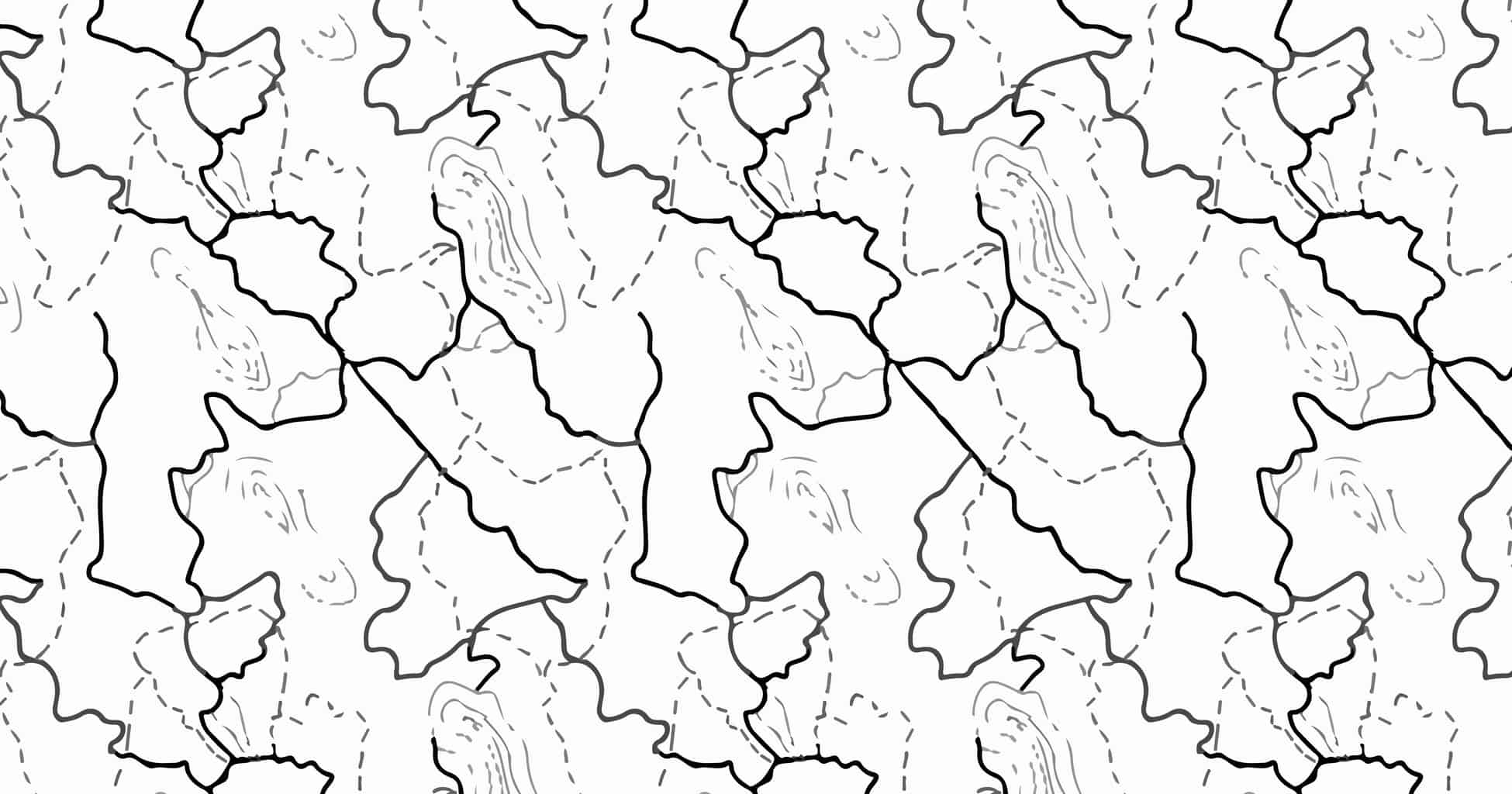Burundi
Burundi
August 2015 marked the 15th anniversary of the Arusha Peace and Reconciliation Agreement, which ended thirteen years of ethnic-based civil war in Burundi between the Tutsi minority and Hutu majority.
Recently, the security situation has deteriorated as the result of disagreement over President Pierre Nkurunziza’s bid for a third term, resulting in violent demonstrations, excessive force against protesters, an attempted coup, and arrests of civil rights leaders. Women have been active in the political unrest, and staged the first major protest against the president’s third term bid. However, violence against women operates in a culture of impunity, with women experiencing rape, torture, and enslavement.
Based on the work of NGOWG members and their partners, the NGOWG advocates for full implementation of the government gender quota of 30%, and equal and meaningful women’s participation in designing and implementing human rights protection mechanisms.
Current and Past Recommendations to the UN Security Council (Monthly Action Points)
In view of the Security Council’s field mission to Burundi and the Central African Republic as well as consultations with the African Union this month, we urge Council members to make the implementation of the Council’s women, peace and security mandate a focus of their visit, in line with SCR 2122 (2013). As per the same resolution, Council members are reminded of their commitment to hold interactive meetings with local women and women’s organizations during the trip. In all contexts when meeting with Mission leadership, Council members should emphasize the importance of senior level support and promotion of WPS issues. In Burundi as per presidential statement 2015/6 the Council should call for women’s full participation both as candidates and voters in the upcoming election and other transitional processes. In CAR, the Council should meet with women organizations providing humanitarian assistance and services to survivors of sexual violence as well as request briefings by MINSUCA’s gender advisors and women protection advisors (WPAs). Consultations with AU officials should emphasize the importance of integrating gender perspectives into peace and security by including gender expertise and increasing female leadership in peacekeeping efforts as per SCR 2167 (2014).
Relevant Resources





